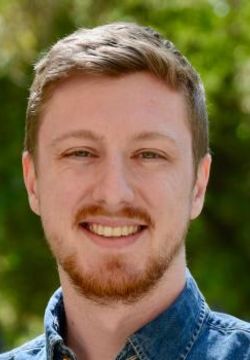Uncommon and Nonpartisan: Anti-Democratic Attitudes In The American Public

Democratic regimes flourish only when there is broad acceptance of an extensive set of norms and values. In the U.S., fundamental democratic norms have recently come under threat from prominent Republican officials. We investigate whether this anti-democratic posture has spread from the elite level to rank-and-file partisans. Exploiting data from a massive repeated cross-sectional and panel survey (n = 45,095 and 5,231 respectively), we find that overwhelming majorities of the public oppose violations of democratic norms and virtually nobody supports partisan violence. This bipartisan consensus remains unchanged over time despite high levels of affective polarization and exposure to divisive elite rhetoric during the 2022 political campaign. Additionally, we find no evidence that elected officials' practice of election denialism encourages their constituents to express anti-democratic attitudes. Overall, these results suggest that the clear and present threat to American democracy comes from unilateral actions by political elites that stand in contrast to the views of their constituents. In closing, we consider the implications of the stark disconnect between the behavior of Republican elites and the attitudes of Republican voters.
Derek Holliday is a Postdoctoral Fellow for the Polarization Research Lab, a cross-university lab between Stanford, Dartmouth, and UPenn researching affective polarization, social trust, and political violence. His research focuses on political representation, opinion, and behavior, especially in state and local politics. His methodological interests include survey experiments, text-as-data, and applications of machine learning in social science.
Derek received his PhD in Political Science in 2023 from UCLA, where he jointly obtained an MS in Statistics. At UCLA, he was the project coordinator for Nationscape, a U.S. election survey that interviewed almost half a million respondents through the 2020 Presidential campaign. Additionally, he worked as a research analyst for the UCLA COVID-19 Health and Politics Project, a collaboration between social scientists and doctors measuring people’s pandemic experiences and attitudes. Work from the project has been featured in the New York Times and published in Vaccine.